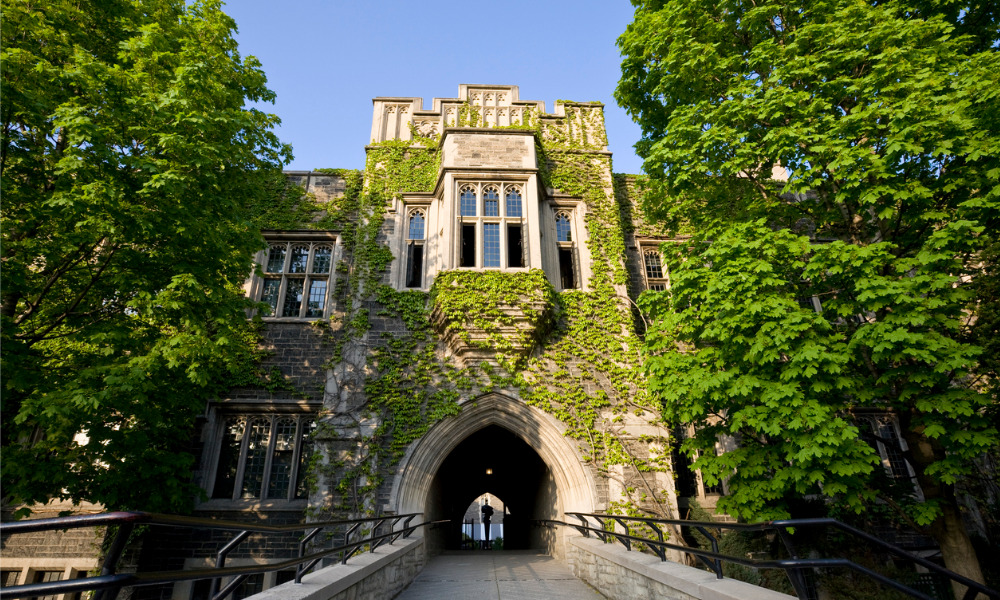
Dean explains steps taken, efforts planned to help dismantle systemic racism

The University of Toronto Faculty of Law has taken steps to promote inclusive excellence and meaningful change in the fight against systemic racism, Jutta Brunnée, law dean, has said in a letter dated Apr. 7.
Brunnée addressed the recommendations for anti-racism efforts provided by an open letter released last summer and authored by the law school’s Asia Law Society, Black Law Students Association, Indigenous Law Students Association, Out in Law and South Asian Law Students Association.
Brunnée condemned racism in all its forms, including anti-Black racism, anti-Indigenous racism and anti-Asian racism, reiterated the law school’s agreement with the statement of the Canadian Council of Law Deans and acknowledged the hardships faced by the Black, Indigenous and racialized members of the law school’s community and the responsibility of law schools to assist in dismantling systemic racism.
The law school’s need-based financial aid program recently distributed over $4.7 million to students and graduates, increased its bursary support to 78 per cent from 60 per cent partly because of the COVID-19 pandemic, appointed a new student mental health and wellness program manager who will recognize the unique needs of racialized students, required incoming first-year law students to read a text on the impacts of colonialism on Indigenous peoples and to attend a follow-up discussion circle and expanded the seats for the free LSAT prep course to 40 seats from 30 seats, with a priority for Black and Indigenous students regardless of family income.
The law school is intending to increase the seats for the free LSAT prep course to 60 seats with 30 spots prioritized for Black and Indigenous students, to advance a proposed initiative to collect demographic data about all law school applicants, to arrange quarterly meetings with equity groups, to ensure that the faculty membership is more reflective of Canadian society, to develop an annual report on its progress on equity and diversity efforts and to launch a mandatory course on Indigenous peoples and the law.
The Black Future Lawyers program, which has more than 400 Black undergraduate student participants and three new chapters, seeks to expand to additional chapters and to hire a full-time program manager, with the help of new funding from law firms, foundations and the provost’s office.
“Excellence flourishes in an environment that embraces the broadest range of people, that enables all members of our community to participate fully and to achieve their full potential, that facilitates the free expression of their diverse perspectives through respectful discourse, and in which high standards are maintained for faculty, students and staff alike,” wrote Brunnée in the letter.